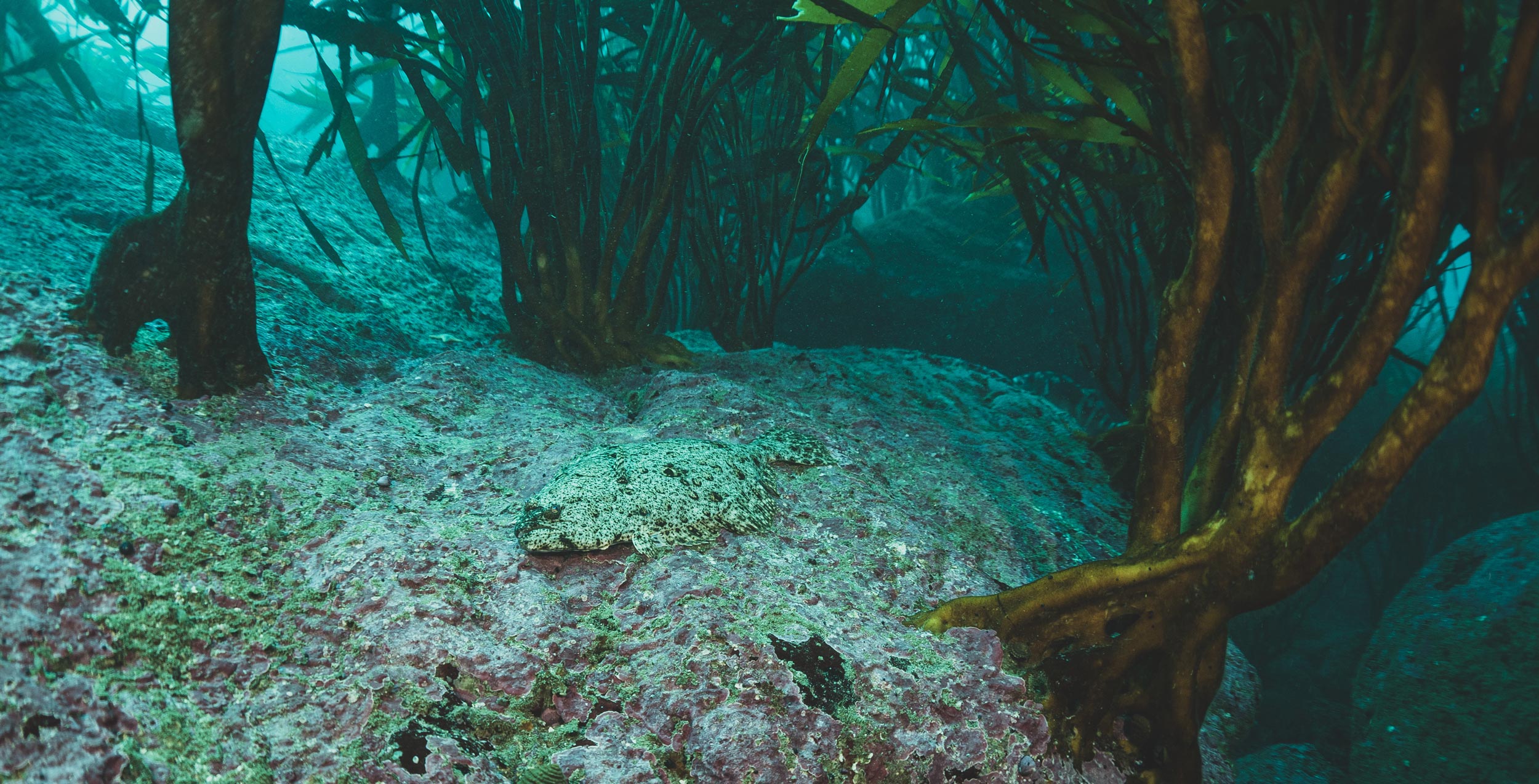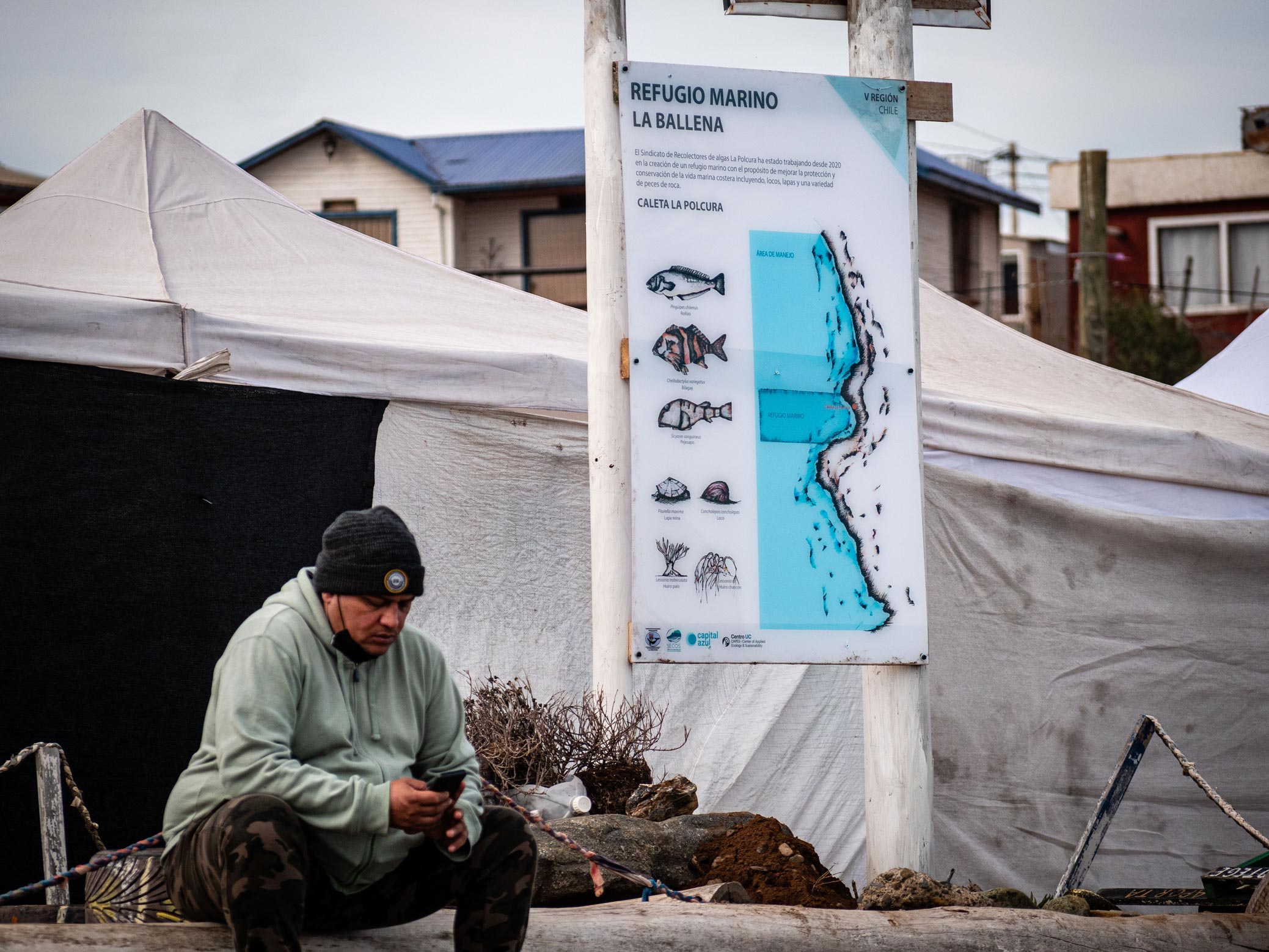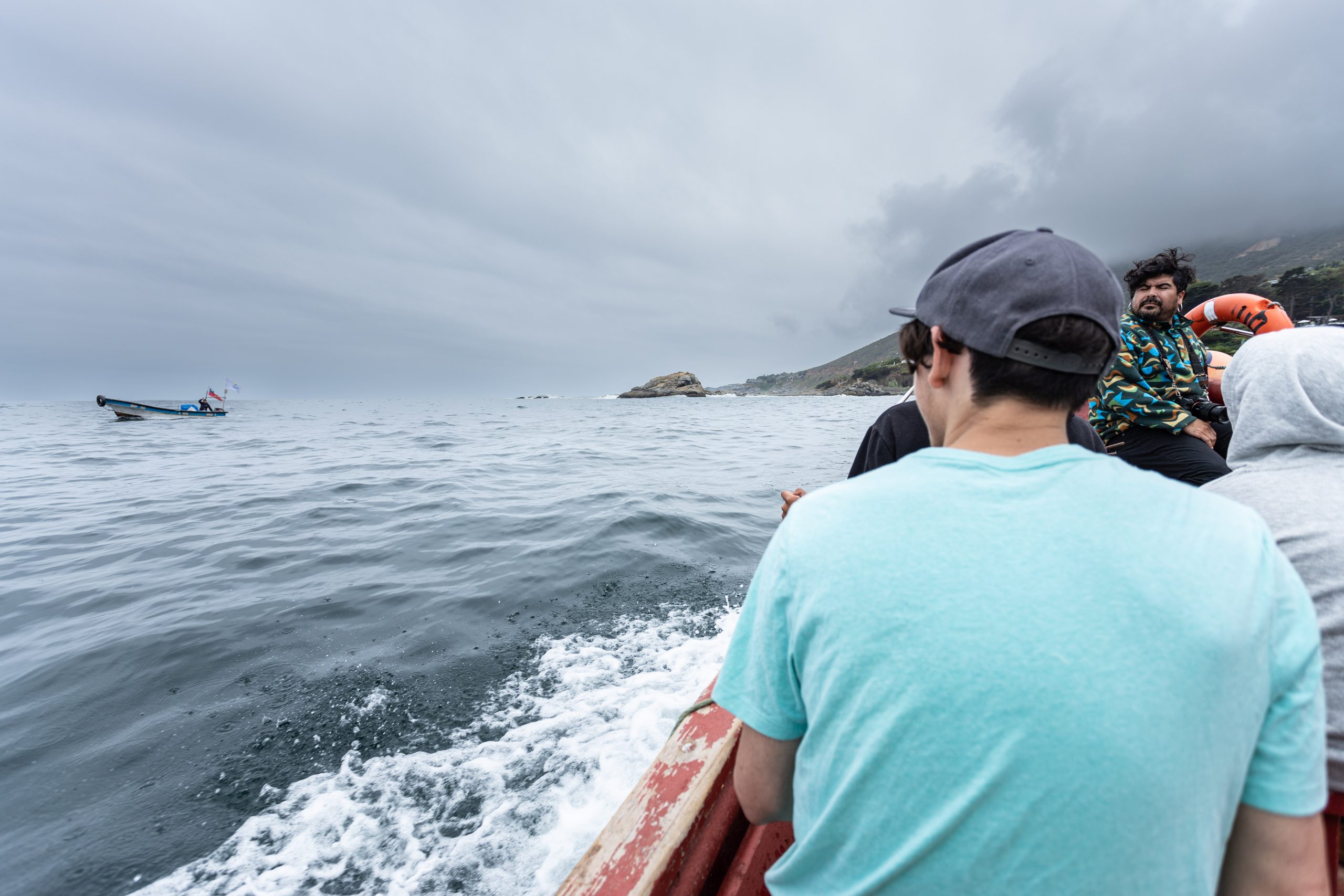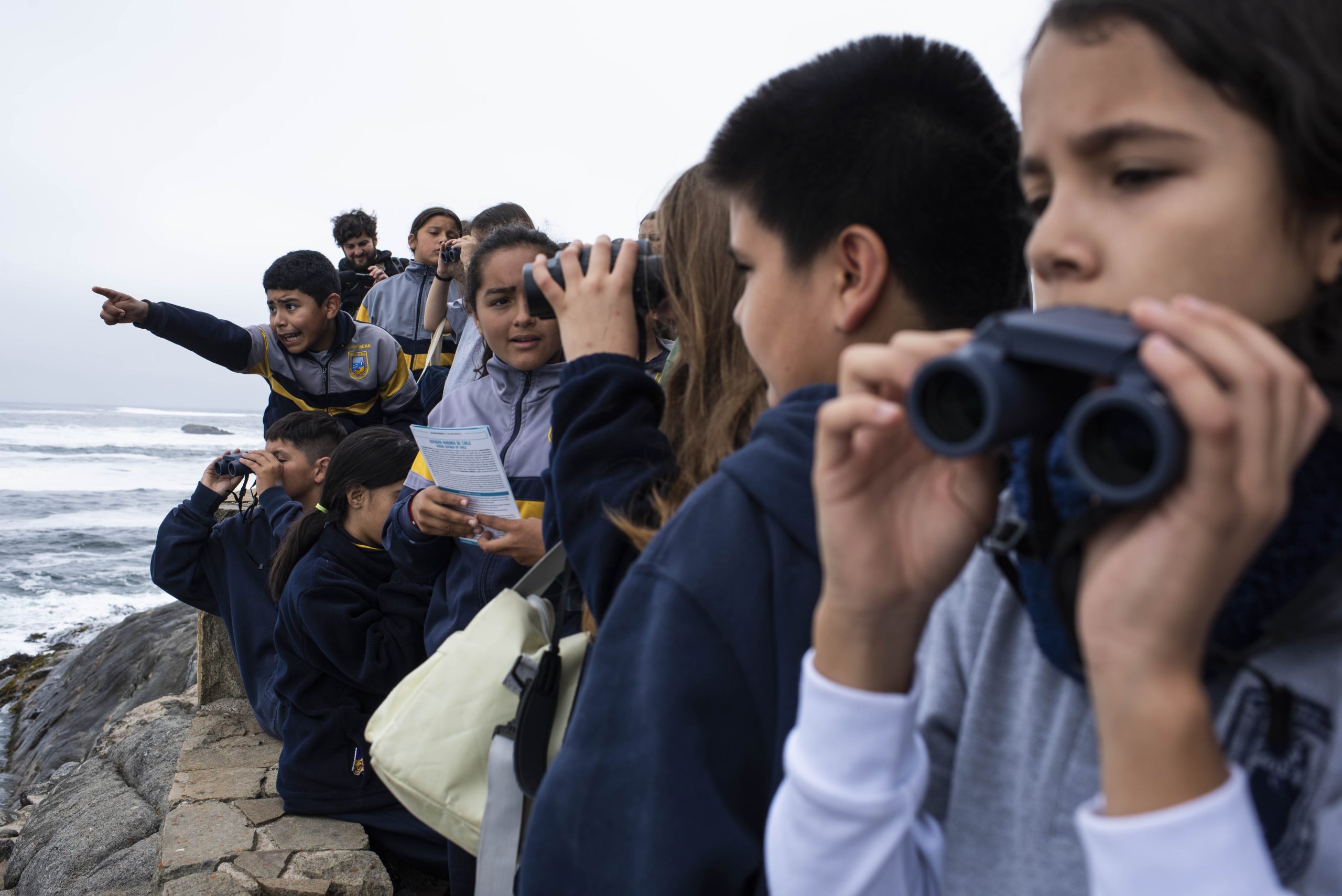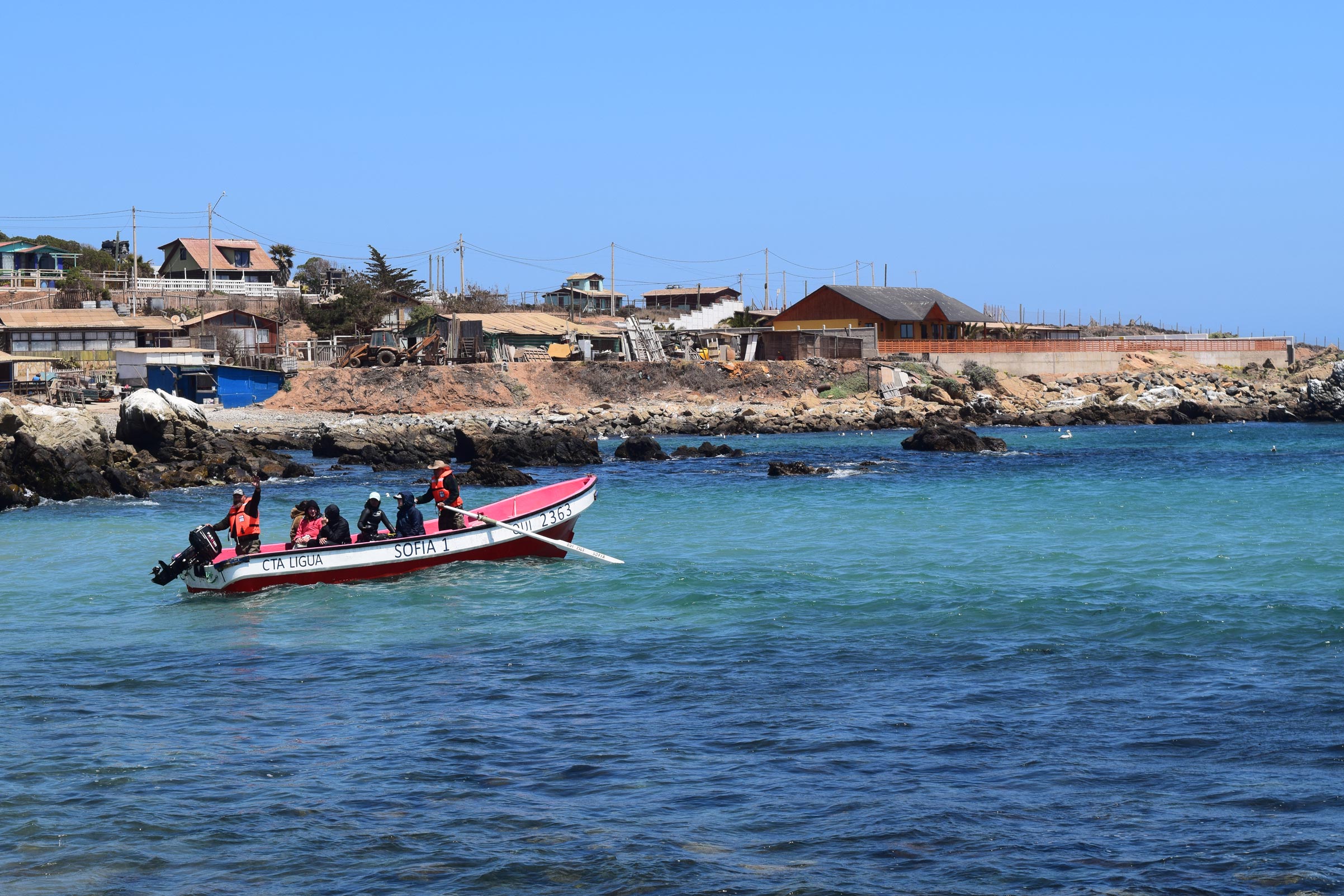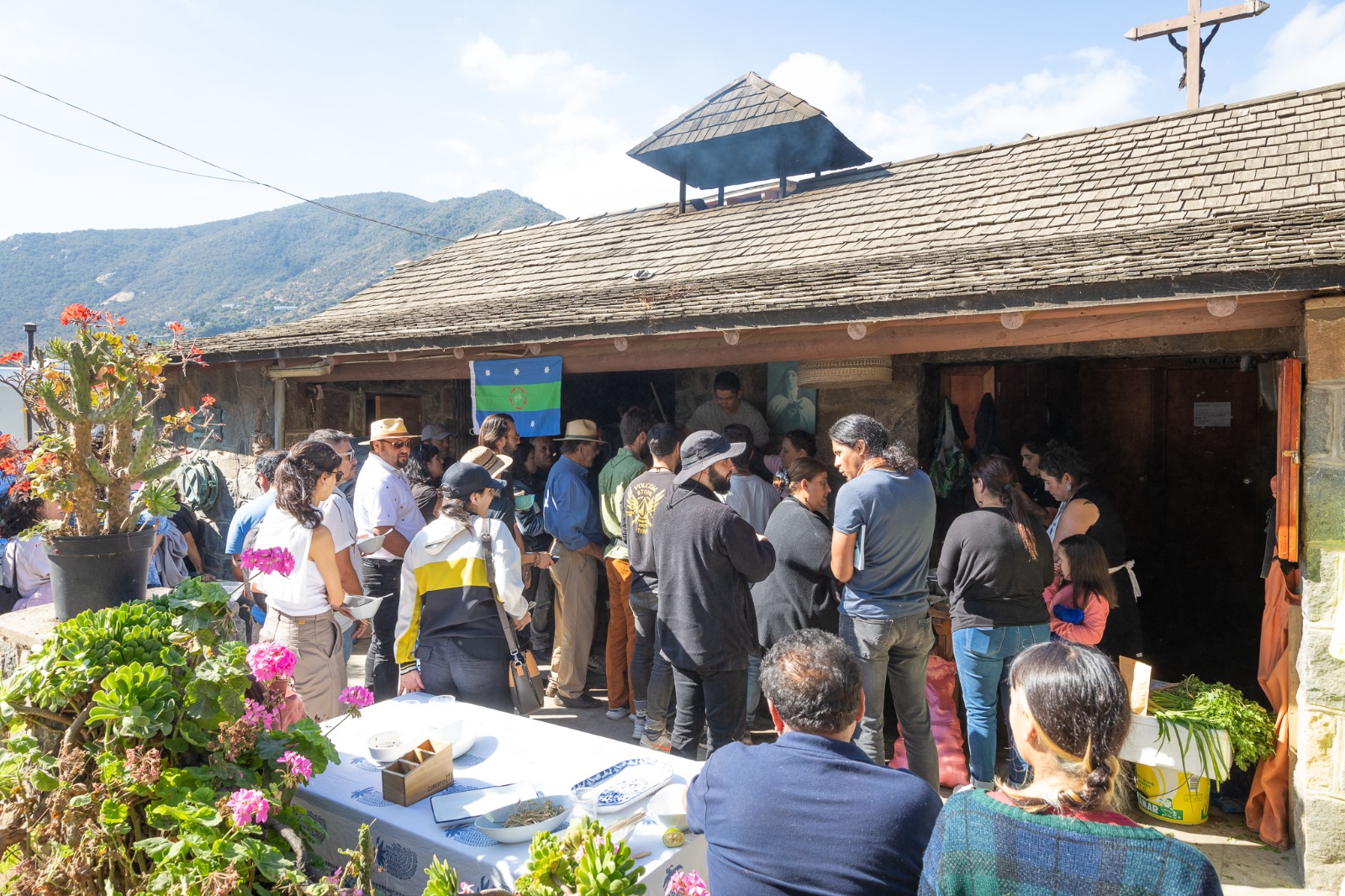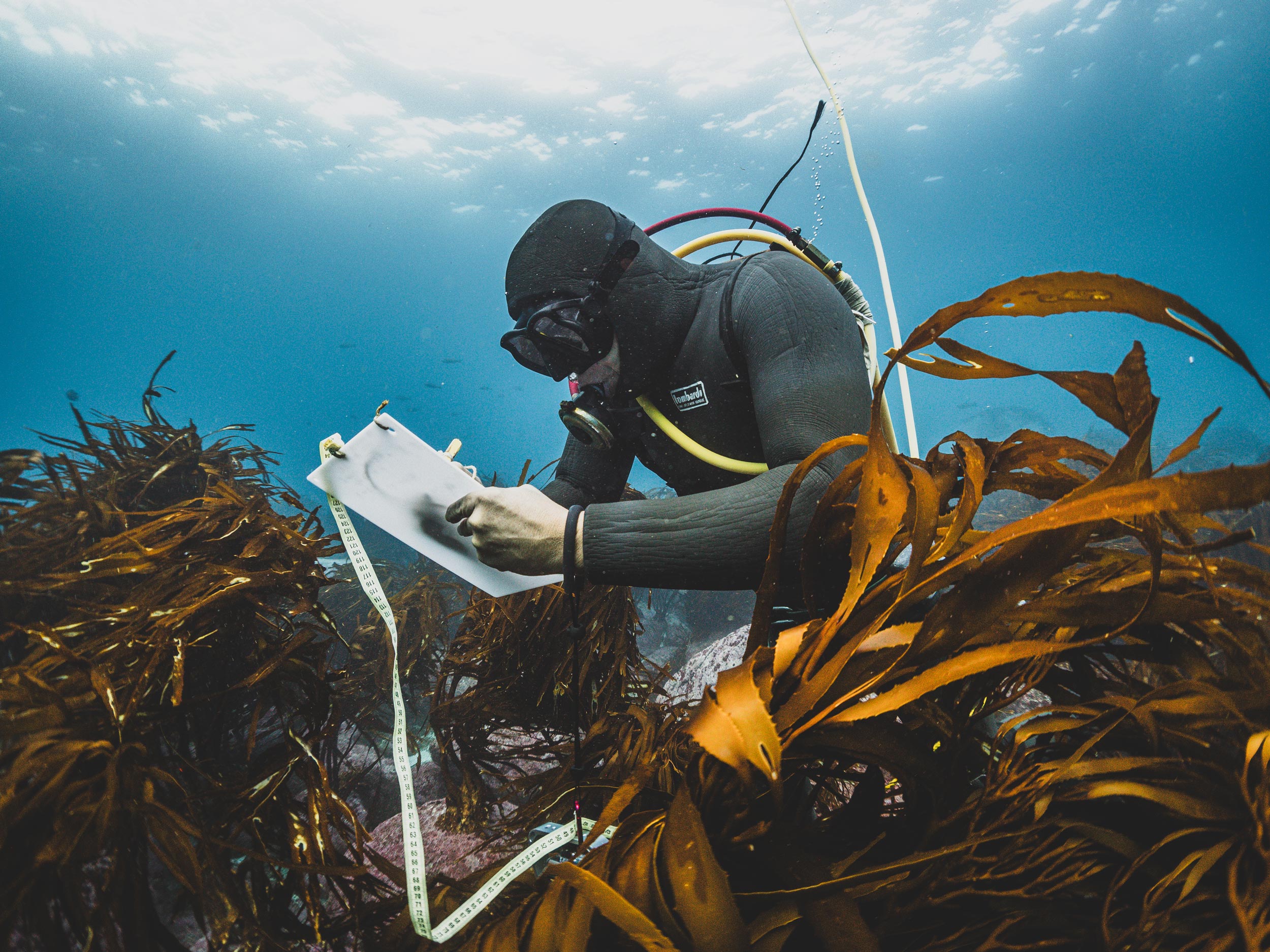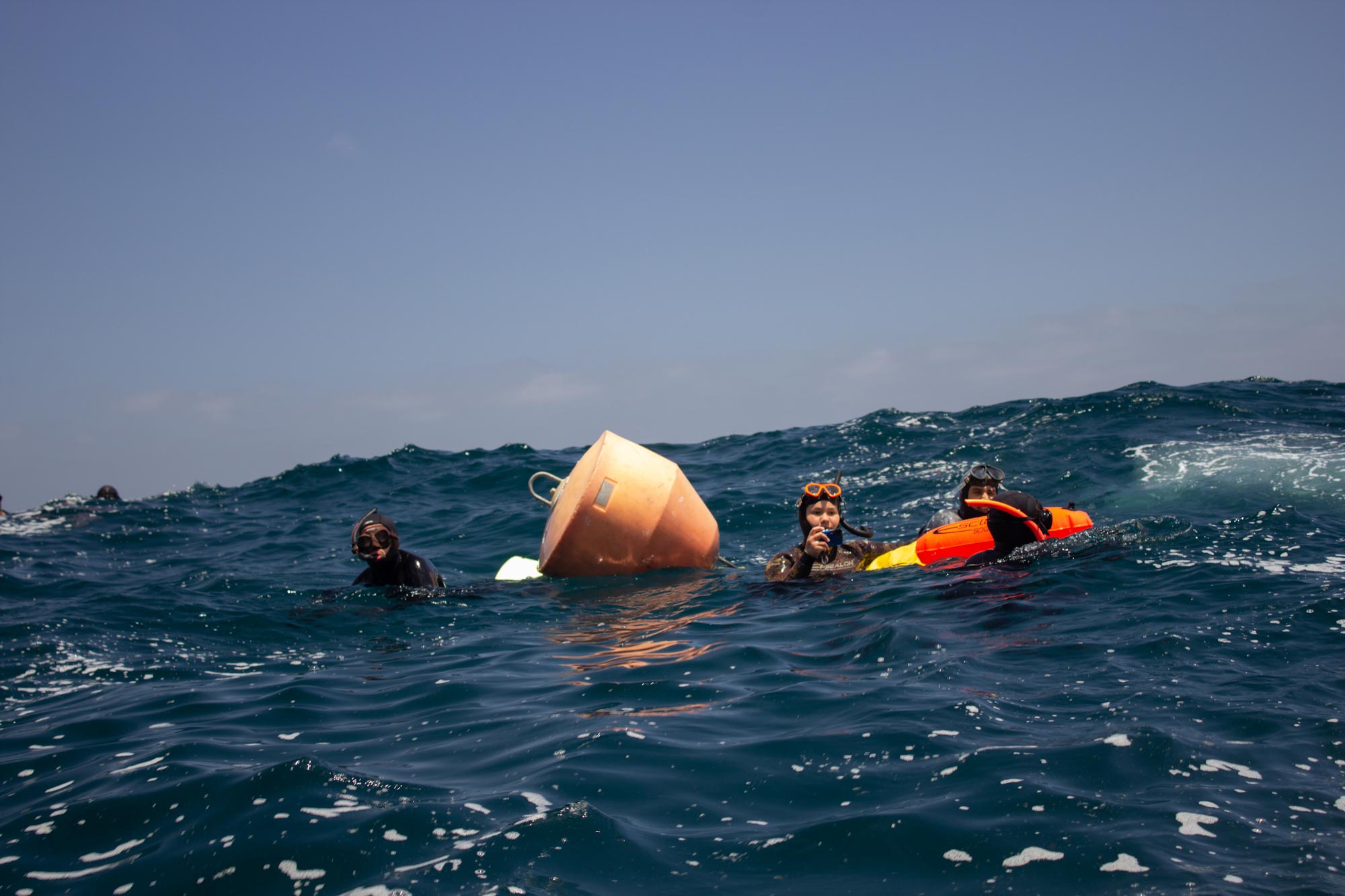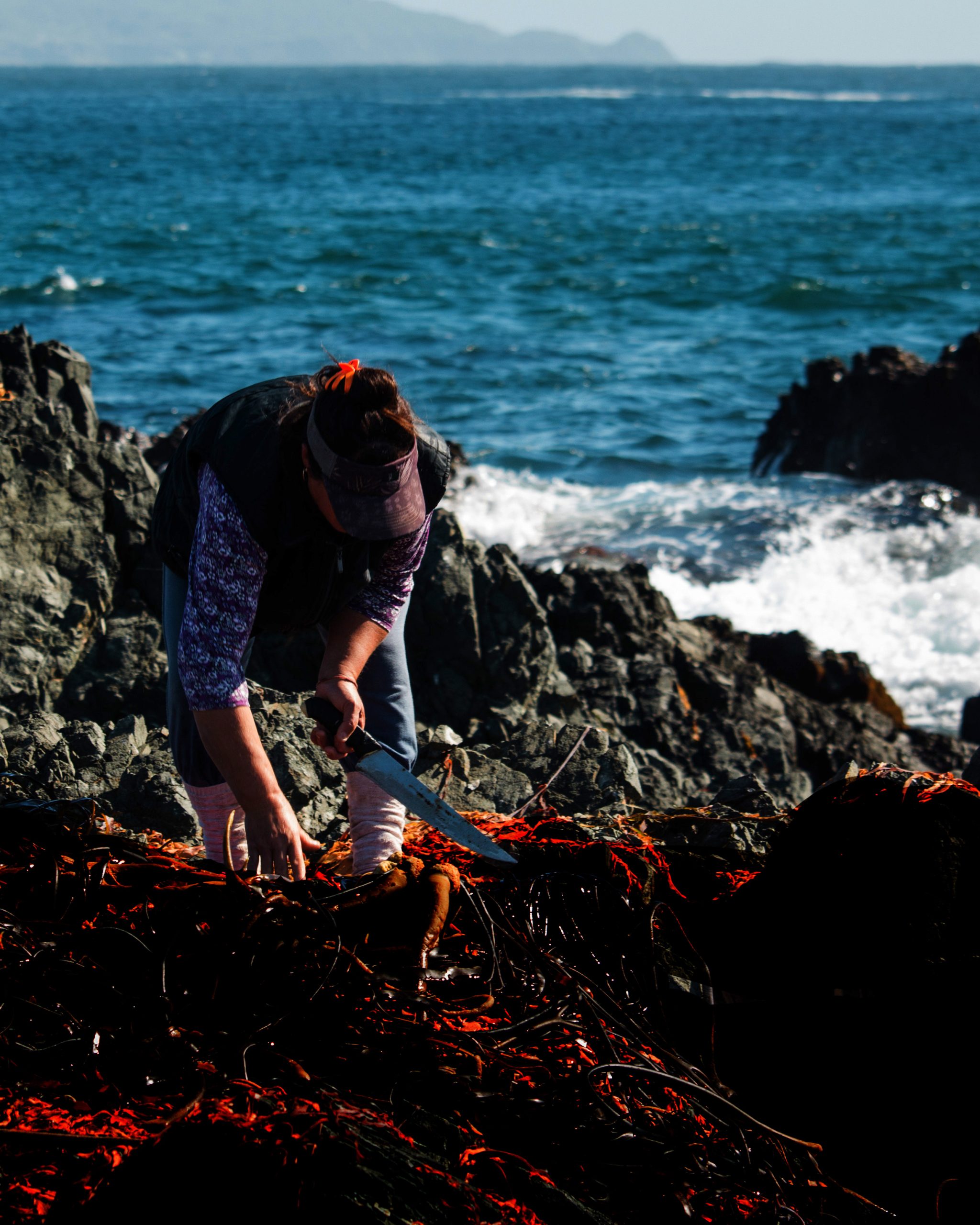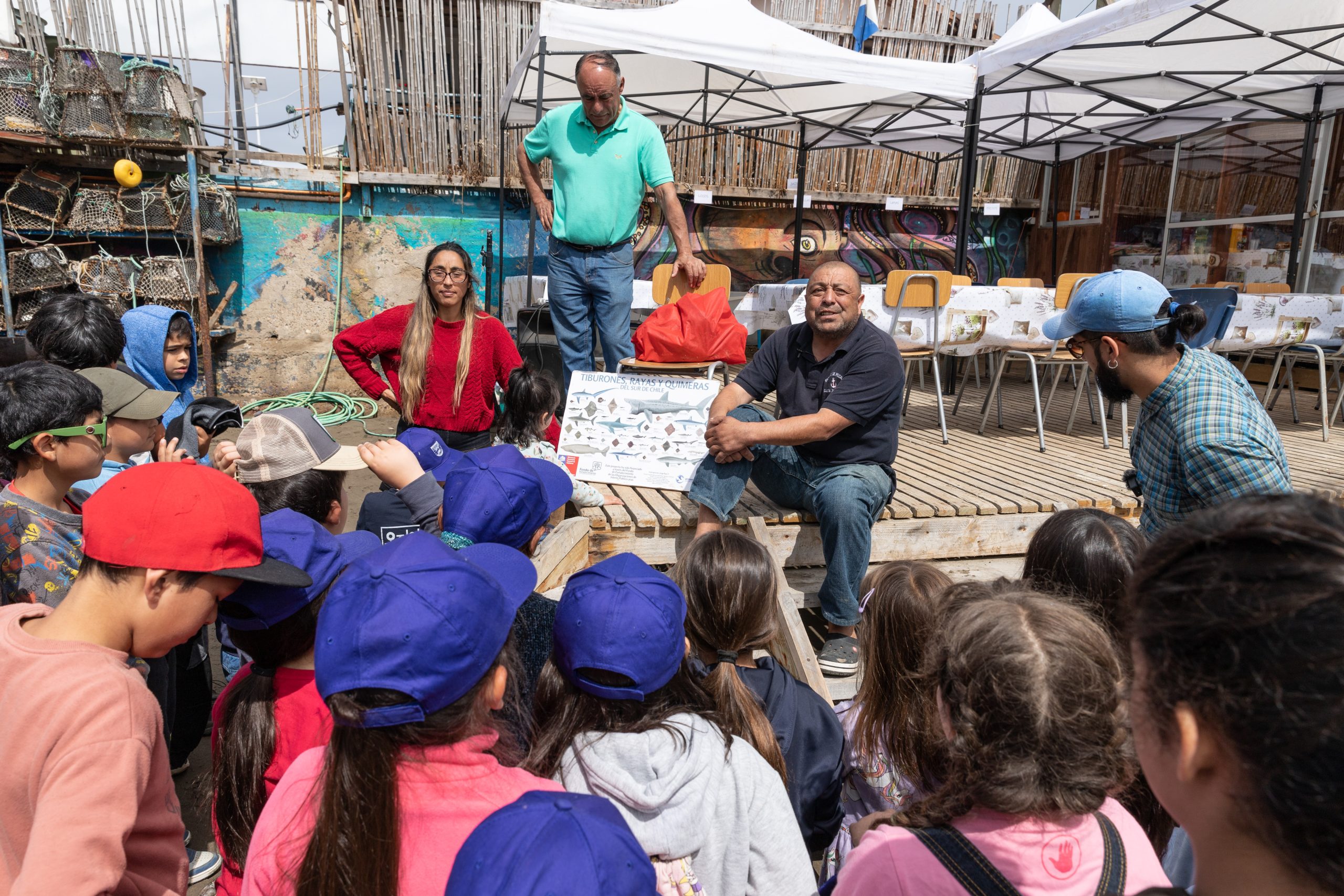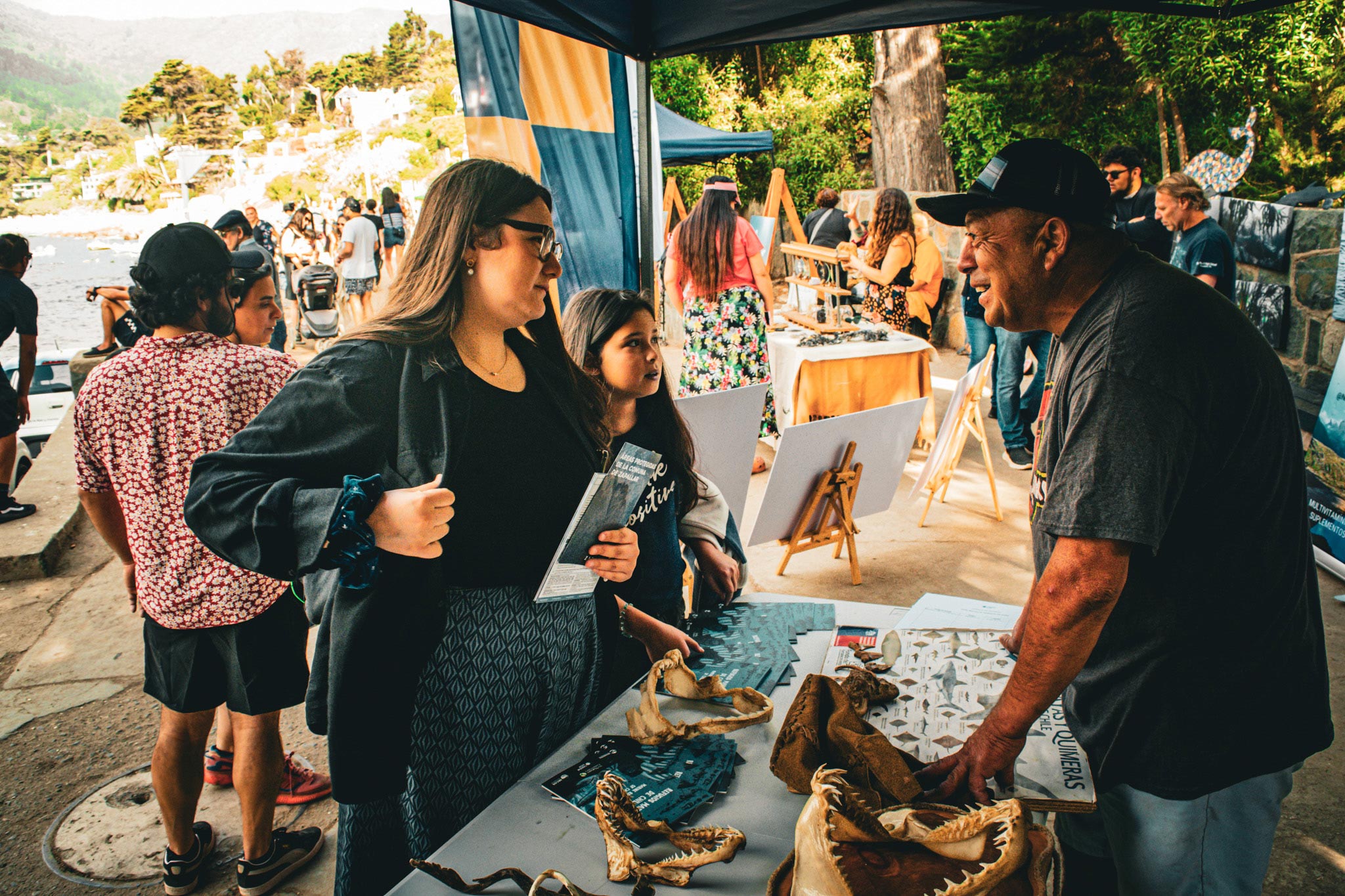To live in a country of more than six thousand kilometers of coast poses many challenges. How to take care of marine resources in the best way possible? How to confront global warming’s impact on coastal life? How to promote sustainable development in the communities that articulate around artisanal fishing activities?
The new Coastal Community Network driven by BHP Foundation and showcased at the 2023 BioBio Puerto de Ideas Festival, was created to reflectively address these problems and seek solutions, joining through a collaborative model the work that has been carried out in our country by the academic world and institutions linked to civil society.
The goal is to create a space for synergy and learning that incorporates local knowledge and gives communities a leading role in developing innovative ways to care for our sea for future generations.
In the initial phase, Chile Foundation, through its Sustainable Coves program, and Capital Azul Foundation, through its network of TURF-Reserves, joined this network.
BHP Foundation plays not only an articulating role, but also an active and participative one, in the network, backed by the ample experience on a global scale that the foundation has with projects related to communities and the environment.
“Stimulating community resilience in the face of socioeconomic and environmental change is one of the pillars of action of the BHP Foundation. Today, the communities linked to artisanal fishing in Chile -more than 70 thousand fishers and their families, in close to 500 coves- face major problems in these two issues. With this network we join the intense work that has been done on this matter by the public and private sectors, raising awareness and contributing to the discussion on the urgency of taking care of this delicate ecosystem on which thousands of people throughout Chile depend,” explains Alejandra Garcés, director of BHP Foundation’s Chile Program.
This network – Garcés adds – “aims to place communities that articulate around the sea and its resources in the center of marine conservation, the restoration of biodiversity and sustainable management of marine resources. The idea is to promote local leadership, establish alliances and support models and public policies that promote the wellbeing and resilience of the coastal communities”.
The director of the Sustainable Coves program at Fundación Chile, Claudia Razeto, states that they plan to support at least 10 coastal initiatives, impacting close to 500 people directly and indirectly.
“Artisanal fishing faces challenges today such as climate change, decrease of marine resources and ocean pollution, among others. This is why it is so relevant to join efforts in the promotion of ocean sustainability and its resources.By joining this network we expect to strengthen artisanal fishers communities socially, environmentally and also economically, and also to promote female leadership and generate better economic opportunities for local communities”- she adds.


With this network we join the intense work that has been done on this matter by the public and private sectors, raising awareness and contributing to the discussion on the urgency of taking care of this delicate ecosystem on which thousands of people throughout Chile depend.
Alejandra Garcés
Director of BHP Foundation’s Chile Program
Capital Azul Foundation, on their part, establishes protected TURF-Reserves in alliance with fishers’ unions. Currently working with five coves in the Valparaíso Region, it plans to expand the project to other regions of the country and also organizes environmental education activities. Its participation in the Coastal Community Network will help strengthen the TURF-Reserve model in our country, which has a great impact on fishers and their families, as well as on the environment.
Sergio Veas, president of the Zapallar Artisanal Fishers Union, reports: “Capital Azul is constantly visiting us and supporting us, and that is very important because this work has just begun. It is a project that we hope can be maintained over time. It gives us tools to support the work that we as a union of artisanal fishers are doing to safeguard the resources and the environment for future generations”.
For Rodrigo Sánchez, Executive Director of Capital Azul Foundation, working in a network, together with other institutions, is a plus. “The challenges that artisanal fishers’ coves face today are multidimensional and cover different fields. If we face these issues collaboratively, they can be addressed from a more comprehensive perspective, so working in a network brings greater benefits to the fishers’ coves, achieving greater and lasting impacts and reach,” he explains.

